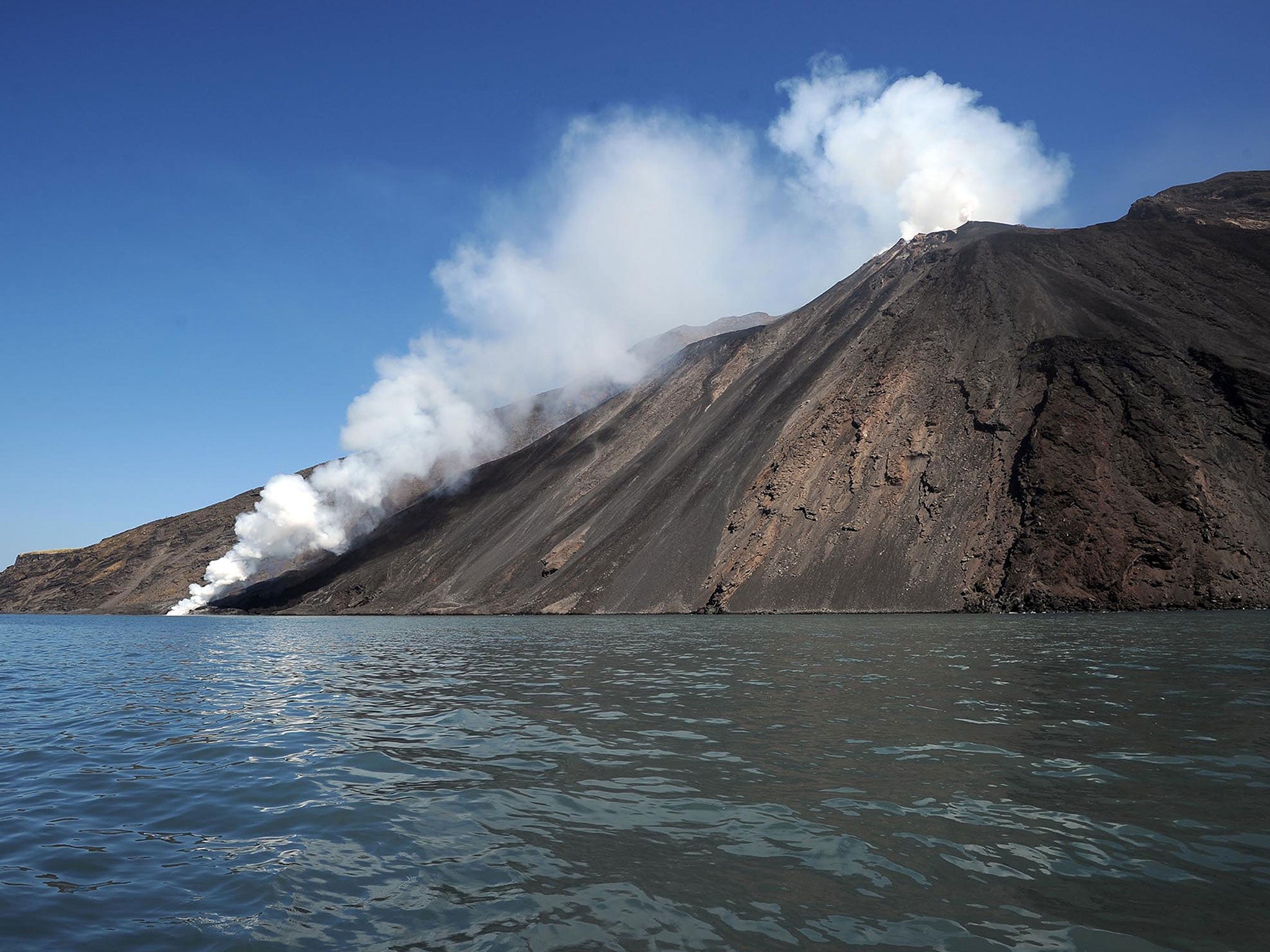Global warming is reversing 1,800 years of natural ocean cooling, study finds
Ocean temperatures have fallen significantly over the past two millennia

Your support helps us to tell the story
From reproductive rights to climate change to Big Tech, The Independent is on the ground when the story is developing. Whether it's investigating the financials of Elon Musk's pro-Trump PAC or producing our latest documentary, 'The A Word', which shines a light on the American women fighting for reproductive rights, we know how important it is to parse out the facts from the messaging.
At such a critical moment in US history, we need reporters on the ground. Your donation allows us to keep sending journalists to speak to both sides of the story.
The Independent is trusted by Americans across the entire political spectrum. And unlike many other quality news outlets, we choose not to lock Americans out of our reporting and analysis with paywalls. We believe quality journalism should be available to everyone, paid for by those who can afford it.
Your support makes all the difference.Man-made global warming has triggered a reversal of the natural ocean cooling that has occurred over the past 1,800 years, a study has found.
Ocean temperatures have fallen significantly over the past two millennia due to the cooling influence of successive volcanic eruptions on the surface temperatures of the Earth, scientists said.
However, over the past 200 years this cooling of the oceans has gone into reverse as warmer surface temperatures due to man-made global warming has caused the seas to heat up 20 times faster than they were cooling, the researchers found.
The study, published in the journal Nature Geoscience, is the first to analyse and combine 57 previous studies aimed at reconstructing the historical surface temperature records of all the world’s oceans.
It found a clear cooling trend over the past 1,800 years that could only explained by volcanic eruptions spewing out aerosol particles in the upper atmosphere that reduced the amount of incoming sunlight, causing a significant fall in global surface temperatures.
However, the marine researchers from an international working group called Past Global Changes said that since about 1860, the mean surface temperature of the oceans has increased by between 0.5C and 1.5C over 150 years, or about 0.3C to 1C over a century, despite a similar trend in volcanic activity.
“Today, the Earth is warming about 20 times faster than it cooled during the past 1,800 years. This study truly highlights the profound effects we are having on our climate today,” said Michael Evans of the University of Maryland and one of the study’s authors.
The scientists said that successive volcanic eruptions, clustered together in a relatively short period of time, over the past two millennia are the most likely cause of the ocean cooling detected by the researchers, and there has been no discernible change in the size and frequency of volcanic eruptions over the past two centuries.
However, the reversal of the cooling trend is clearly detectable and can only be explained by the increase in greenhouse gases resulting from the burning of fossil fuels since the Industrial Revolution, the researchers said.
“Volcanic eruptions have a short-term cooling effect on the atmosphere, but our results showed that when volcanic eruptions occurred more frequently, there was long-term ocean cooling,” said Helen McGregor of the University of Wollongong in Australia, the study’s lead author.
“With this research, we now have new insight into the century-scale global sea-surface temperature variations that came before man-made greenhouse gas forcing…No matter how we divided the dataset the cooling trend stands out as a robust signal,” Dr McGregor said.
Join our commenting forum
Join thought-provoking conversations, follow other Independent readers and see their replies
Comments